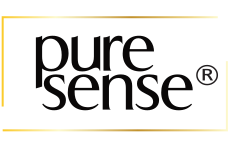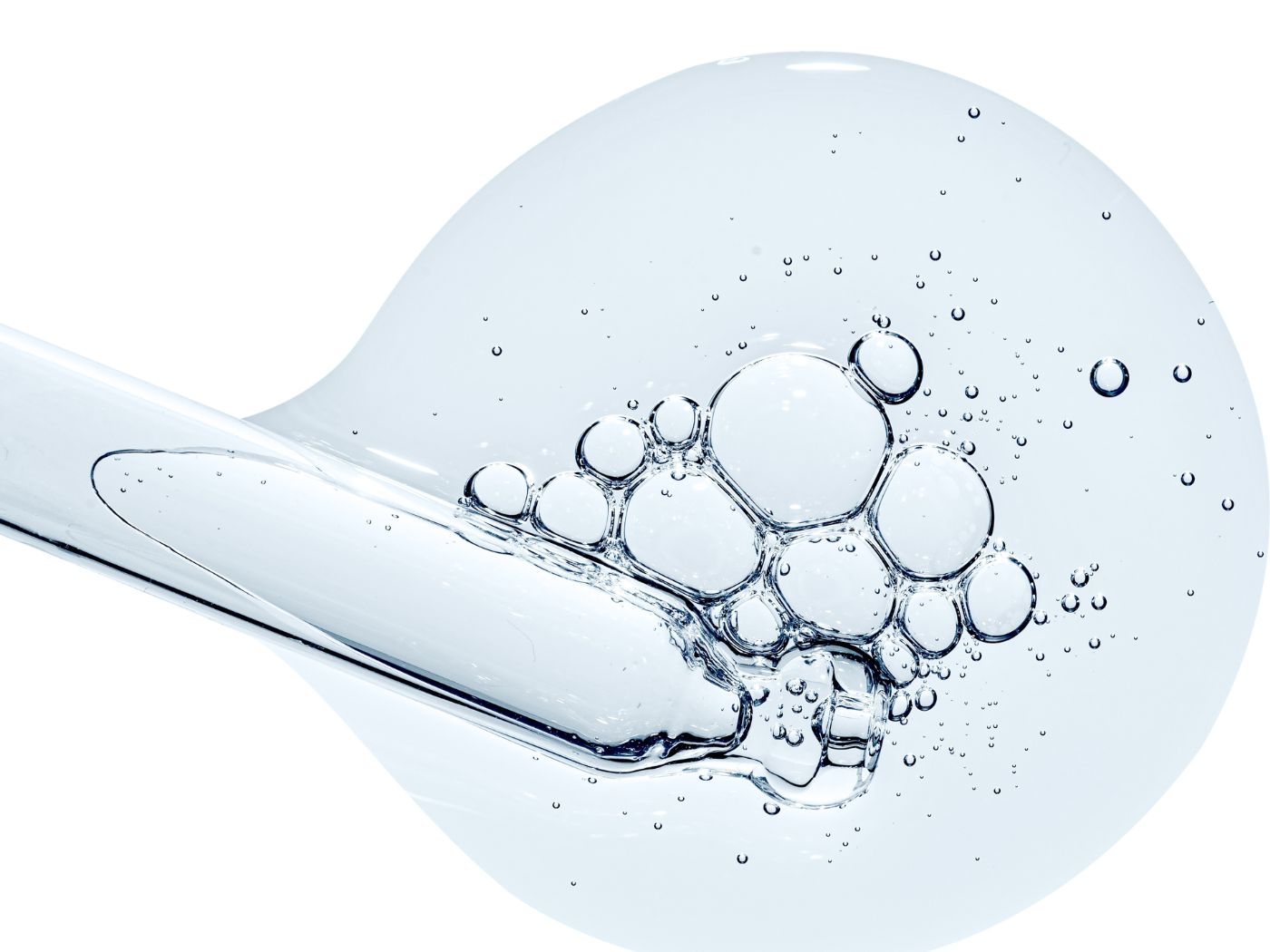- Squalene vs. Hyaluronic Acid
- Which is Better for Your Skin?
- Incorporating Squalene and Hyaluronic Acid in Your Skincare Routine
- Precautions
- FAQs
In the realm of skincare, achieving the perfect balance of hydration is a top priority for many. Two ingredients that have garnered considerable attention in the beauty industry due to their exceptional moisturizing properties are squalene and hyaluronic acid. But which one is truly better for your skin's hydration needs? Which is better: squalene or hyaluronic acid? In this extensive exploration, we will delve into the world of skin hydration choices: squalene vs. hyaluronic acid. By the end of this guide, you'll have a comprehensive understanding of these two hydrating powerhouses and be equipped to make an informed decision about which one suits your skincare routine best.

Squalene vs. Hyaluronic Acid
Understanding Squalene
Let's begin by unraveling the mysteries of squalene. This natural compound is found in various sources, including human sebum, olives, rice bran, and a variety of superfoods such as macadamia nuts. It plays a critical role in maintaining the skin's moisture barrier. It's important to note that squalene is not the same as squalane, although their names are similar. Squalene is a precursor to squalane, which is the hydrogenated and more stable form of the compound.
Hyaluronic Acid: A Well-Known Hydrator
On the other hand, hyaluronic acid, often referred to as HA, is a skincare ingredient that needs no introduction. It is a naturally occurring substance found in the skin and connective tissues. HA is celebrated for its remarkable ability to attract and hold water, making it an exceptional hydrating agent.

Which is Better for Your Skin?
The decision of squalene or hyaluronic acid for skin hydration largely depends on various factors, including your skin type, concerns, and preferences. But should you be moisturizing with squalene or hyaluronic acid? To facilitate your choice, let's compare these two hydrating champions across key aspects:
-
Hydration Power
- Squalene: Squalene boasts a molecular structure that closely resembles the skin's natural lipids, allowing it to penetrate deeply and deliver intense hydration. Furthermore, it aids in preventing moisture loss, rendering it an excellent choice for individuals with dry or dehydrated skin.
-
Hyaluronic Acid: HA, on the other hand, excels at attracting and retaining water, primarily offering surface-level hydration. It forms a lightweight, moisture-retaining barrier on the skin's surface. Remarkably, HA is suitable for all skin types, including oily and sensitive skin.

-
Suitability for Different Skin Types
- Squalene: Squalene is particularly well-suited for dry, sensitive, or mature skin types. Its similarity to the skin's natural oils makes it an effective soother for irritated skin while replenishing lost moisture.
- Hyaluronic Acid: HA is highly versatile and fits all skin types like a glove, including acne-prone and combination skin. It provides hydration without clogging pores or causing breakouts.
-
Texture and Absorption
- Squalene: Squalene is known for its lightweight, non-greasy texture that absorbs readily into the skin. It leaves the skin feeling soft and supple without any heavy residue.
- Hyaluronic Acid: Skincare products containing HA generally have a lightweight, gel-like consistency that is quickly absorbed by the skin. After application, it leaves a plump, hydrated feeling on the skin's surface.
-
Availability
- Squalene: Squalene can be sourced from various natural ingredients, including olives, rice bran, and macadamia nuts. Additionally, skincare products derived from these sources are available in the market.
-
Hyaluronic Acid: HA for skincare products is usually synthesized through fermentation processes. It is widely accessible in a range of skincare formulations, making it readily available to consumers.

-
Long-Term Benefits
- Squalene: One of squalene's notable attributes is its capacity to strengthen the skin's natural moisture barrier. This attribute can potentially offer long-term benefits, reducing the risk of premature aging over time.
- Hyaluronic Acid: HA primarily provides immediate hydration. For prolonged benefits, consistent and continual use is typically required.
Incorporating Squalene and Hyaluronic Acid in Your Skincare Routine
Now that we've meticulously compared these two hydrating powerhouses, let's explore how to effectively incorporate them into your daily skincare routine.
Squalene
- Cleanser: Start your routine with a squalene-infused cleanser to introduce a boost of hydration at the onset.
- Serums: Squalene serums are versatile and can be applied either before your moisturizer or mixed into your preferred skincare products.
- Moisturizer: Opt for moisturizers containing squalene to lock in moisture and amplify your skin's hydration levels.
- Sunscreen: Some sunscreens include squalene to provide hydration while simultaneously safeguarding your skin from harmful UV rays.
Hyaluronic Acid
- Hydrating cleanser: Initiate your skincare routine with a cleanser containing HA to both cleanse and hydrate your skin simultaneously.
- Hyaluronic acid serum: Apply an HA serum to freshly cleansed skin to lock in moisture and reap its hydration benefits.
- Moisturizer: HA-infused moisturizers are a stellar choice for retaining hydration throughout the day.
- Sheet masks: HA sheet masks are a fantastic way to indulge in a hydration boost and can be incorporated into your routine on a weekly basis.
-
Lip balm: Don't forget to treat your lips with HA-infused lip balms to keep them soft, supple, and well-hydrated.

Precautions
As you embark on your journey towards well-hydrated skin, it is essential to be aware of certain precautions:
Potential sensitivity: Although squalene and hyaluronic acid are generally well-tolerated, individuals with extremely sensitive skin may want to perform patch tests when trying new products to avoid potential irritation.
Interaction with other products: Be cautious when layering multiple skincare products. While squalene and hyaluronic acid can complement each other effectively, some combinations may lead to product pilling or reduced effectiveness. Always adhere to product instructions and consider consulting a dermatologist for personalized advice.
Choosing the right concentration: Pay attention to the concentration of squalene or hyaluronic acid in your skincare products. Higher concentrations may be suitable for targeted treatment, while lower concentrations are ideal for daily use.
Conclusion
In the debate of squalene vs. hyaluronic acid for skin hydration, there is no one-size-fits-all answer—it predominantly hinges on your skin type, concerns, and personal preferences. Squalene offers deep, penetrating hydration and potential long-term benefits, making it an excellent choice for individuals with dry or sensitive skin. In contrast, hyaluronic acid excels at providing surface-level hydration and is suitable for a broad spectrum of skin types.
Ultimately, your skincare routine can greatly benefit from the inclusion of both these hydrating heroes. Experiment with different products to find the perfect balance that caters to your skin's unique needs. Consistency and patience are key, as achieving the radiant, well-hydrated skin you desire may take time. Whether you opt for squalene, hyaluronic acid, or a combination of both, the primary focus should always be on hydration—it is the foundation of healthy, glowing skin that stands the test of time.
FAQs
-
Can squalene or hyaluronic acid be used in other parts of the body aside from the face?
Yes, both squalene and hyaluronic acid can be used on other parts of the body besides the face. These hydrating ingredients are versatile and can benefit areas like the neck, chest, hands, elbows, and knees. They can help combat dryness and maintain skin's moisture levels wherever needed. -
Are there any potential interactions with other skincare products or ingredients?
While squalene and hyaluronic acid are generally well-tolerated, it's crucial to be cautious when layering multiple skincare products. Potential interactions or product pilling can occur, particularly if products have conflicting textures. Always follow the specific instructions provided with your skincare products and consider consulting a dermatologist for personalized guidance. -
How do I choose between squalene and hyaluronic acid for my skincare routine?
The choice between squalene and hyaluronic acid depends on your skin type and specific concerns. If you have dry or sensitive skin, squalene's deep hydration and potential long-term benefits make it an excellent choice. Hyaluronic acid, with its versatility, is suitable for all skin types, offering immediate surface-level hydration. You can also use both in your routine to reap the unique benefits of each ingredients







